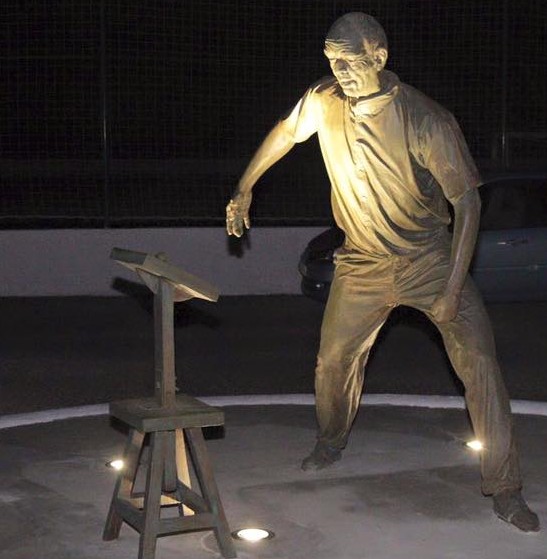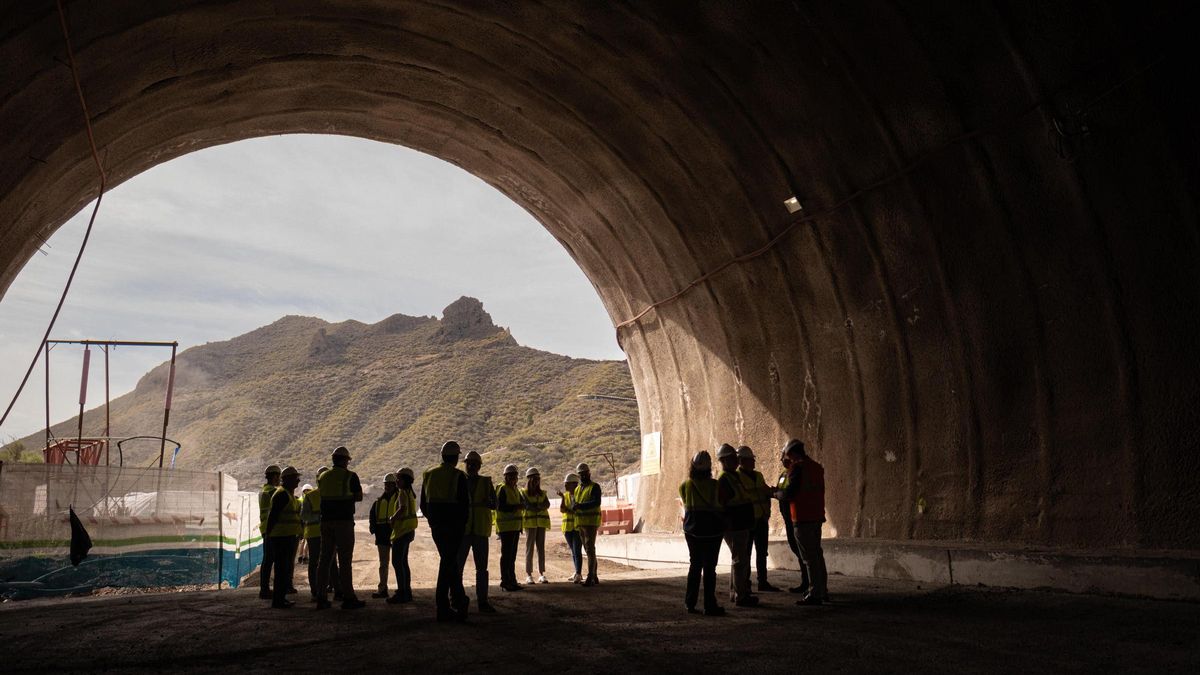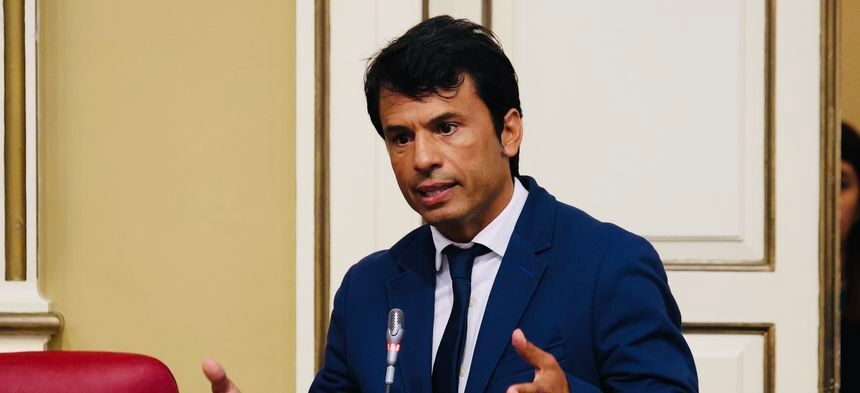The improvised court in Tiagua once again hosted the historic pelotamano match during the festivities of Socorro, celebrating its 47th edition this year. On the afternoon of Saturday, 6th September, veteran players, youngsters, and newcomers gathered with a common goal: to keep alive a tradition that is part of Lanzarote’s sporting and cultural identity.
The event attracted participants from various villages, primarily from Tiagua and Soo, where the practice is most deeply rooted. Notably present was José Cáceres, an octogenarian from Soo, who played a key role in the first Socorro match in 1978. Cáceres, along with other veterans, acted as the respected figures in the game, which features no referees and relies on mutual respect for their decisions.
This year’s edition featured a significant new aspect: the involvement of players from the northern part of the island. Darío Hernández R., a physical education teacher from Haría, not only crafts the traditional balls needed for play but has also introduced the game to his students at school. His family story surprised many; as a child, he saw the balls in his grandparents’ house without knowing their connection to the pelotamano tradition.
Memories also transported fans back to times before the Civil War, when the game was widespread across Lanzarote. Testimonials collected in Tiagua recalled how players from Haría would travel by camel to Mancha Blanca during the Los Dolores festivities to compete against players from other municipalities.
New Participants and Remembrances
Another notable participant was Inma, who joined despite having little familiarity with the game. Her eagerness to learn and integrate was celebrated by the organisers as a vital example for ensuring the continuity of the practice. The role of women also emerged in the veterans’ comments, who reminisced about how, in the past, women did not participate directly in the game, although they experienced the absences of husbands or boyfriends absorbed by the sport.
The match lasted about 90 minutes and was marked by its educational character. New players received explanations, and errors were corrected to improve performances in future editions. Ultimately, Team A won by one point to zero, although the result took a back seat to the main objective: to revive the cultural and sporting values of pelotamano.

(Image of the sculpture dedicated to pelotamano located in the village of Soo)














